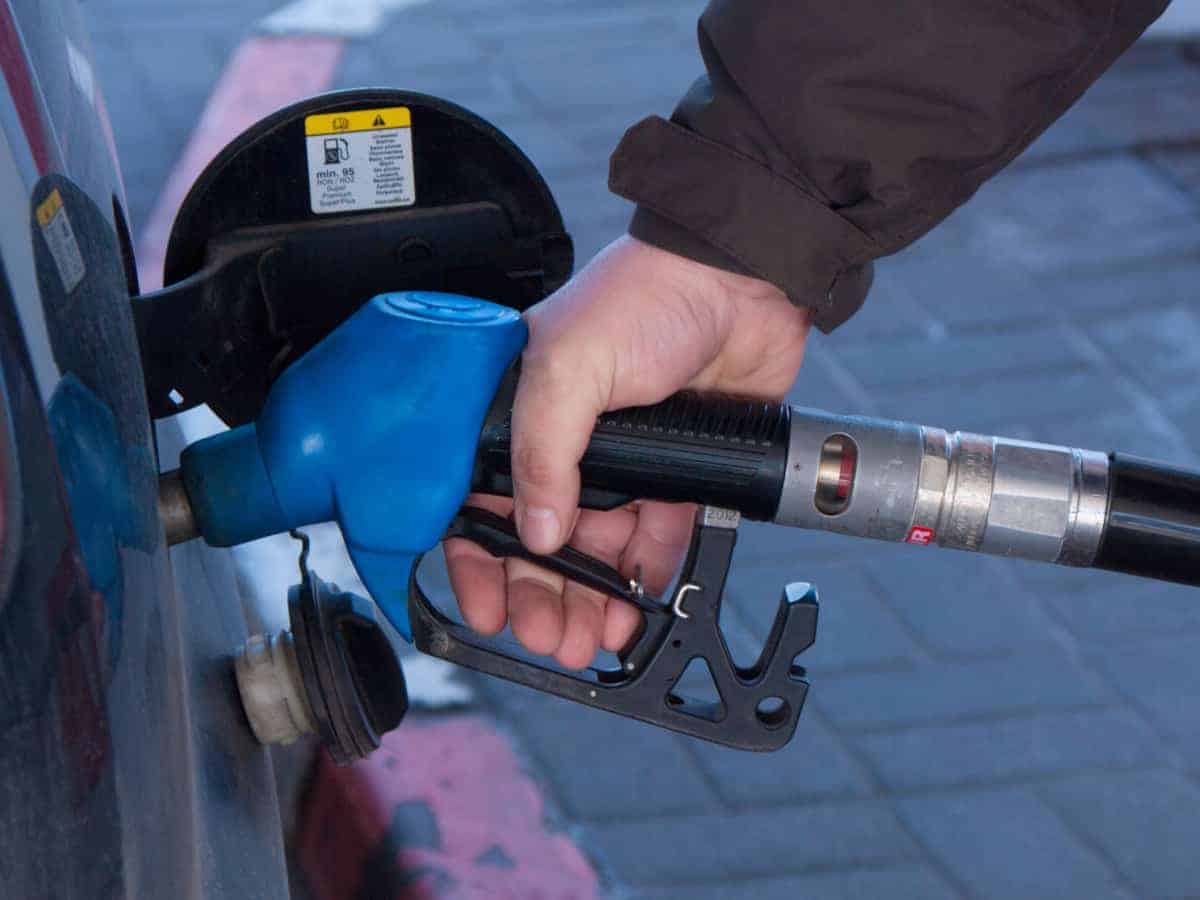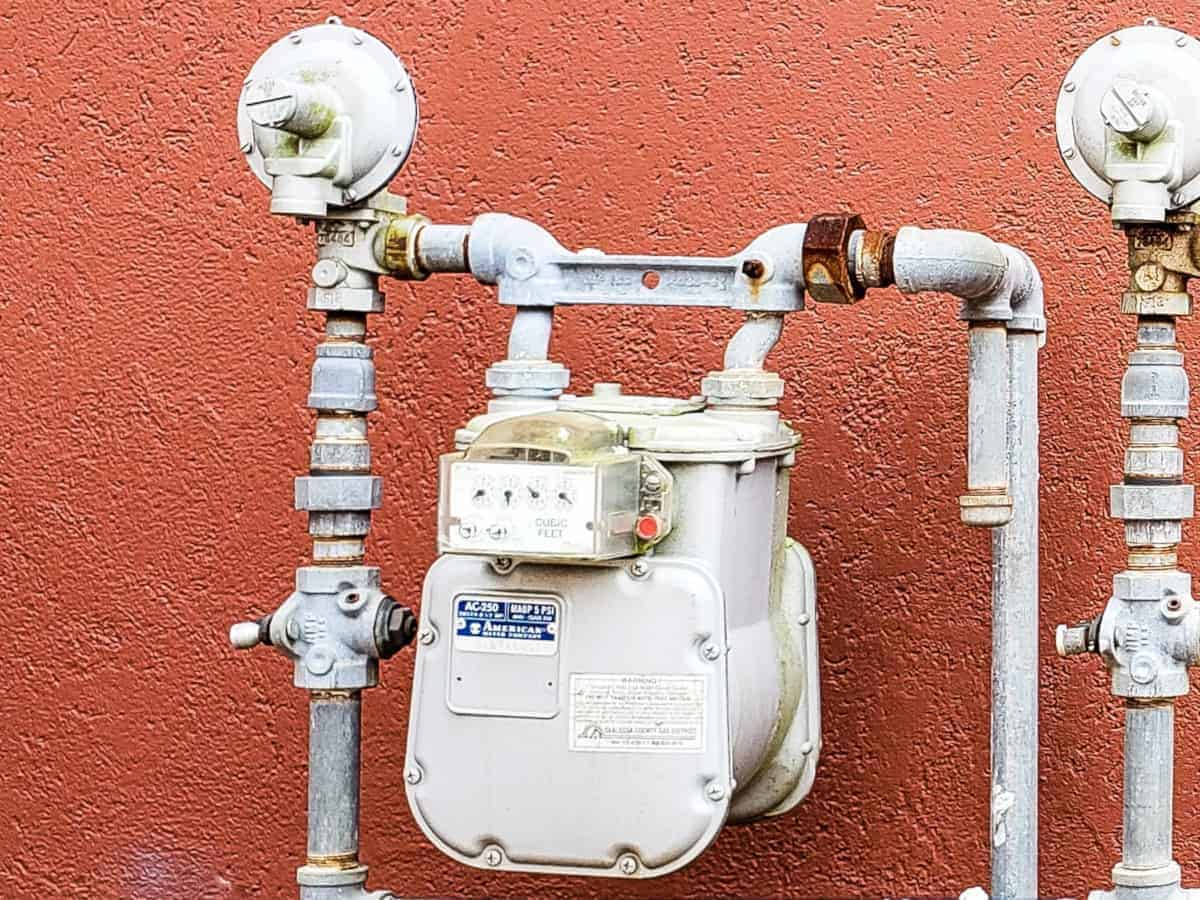
Filling Up is going to be More Expensive
The Supreme Court of Canada has ruled that the carbon pricing law is constitutional. The ruling states that because climate change causes harm beyond provincial boundaries, it is a matter of national concern.
The ruling states that additional fees for fuel are valid regulatory charges and not taxes.
With the ruling it is expected that the federal government will proceed with plans to increase carbon prices. The fuel charge paid by consumers will go from $40 per tonne to $50 per tonne next year. It will rise by $15 annually until it reaches $170 per tonne in 2030. That translates to 37.57¢ per litre for gasoline.
Home Heating Costs Will Increase

Carbon pricing will be applied to natural gas, propane and home heating oil. That translates to higher heating costs for most home owners.
Natural Gas
If you heat with natural gas, you are currently paying 7.83¢ per cubic metre in carbon tax. By 2030, that will increase to 23.5 ¢ per cubic metre!
Natural Gas currently costs 5.4¢ for the actual commodity, The carbon tax is currently 145% of the commodity price. By 2030, if gas prices remain at their current level, that tax will be 435% of the actual commodity!
Propane
The carbon tax on propane is currently 6.19¢ per litre. By 2030 that will become 18.58¢ per litre!
Heating Oil
Heating Oil is currenlty taxed at 10.73¢ per litre. That will increase to 32.18¢ per litre by 2030.
What Can Homeowners Do?
Financing
The Hayter Group can arrange low monthly payments for new energy efficient equipment that will pay for itself. Every year you savings on energy costs increases, while your monthly payment stays the same!
Business
Carbon pricing will have an increasing impact on your bottom line. Call The Hayter Group today for a free assessment on heating your shop or barns. An investment in energy efficient equipment today will keep your competitive over the long haul.
Read our carbon tax article and find out more about protecting yourself from increasing carbon pricing:


